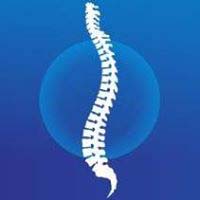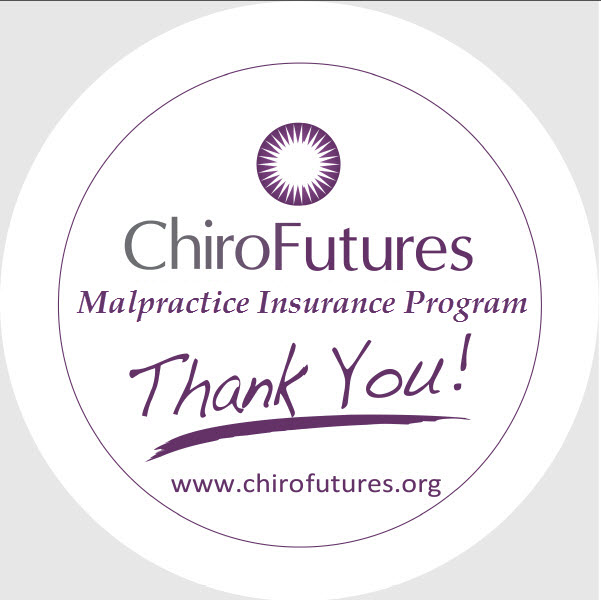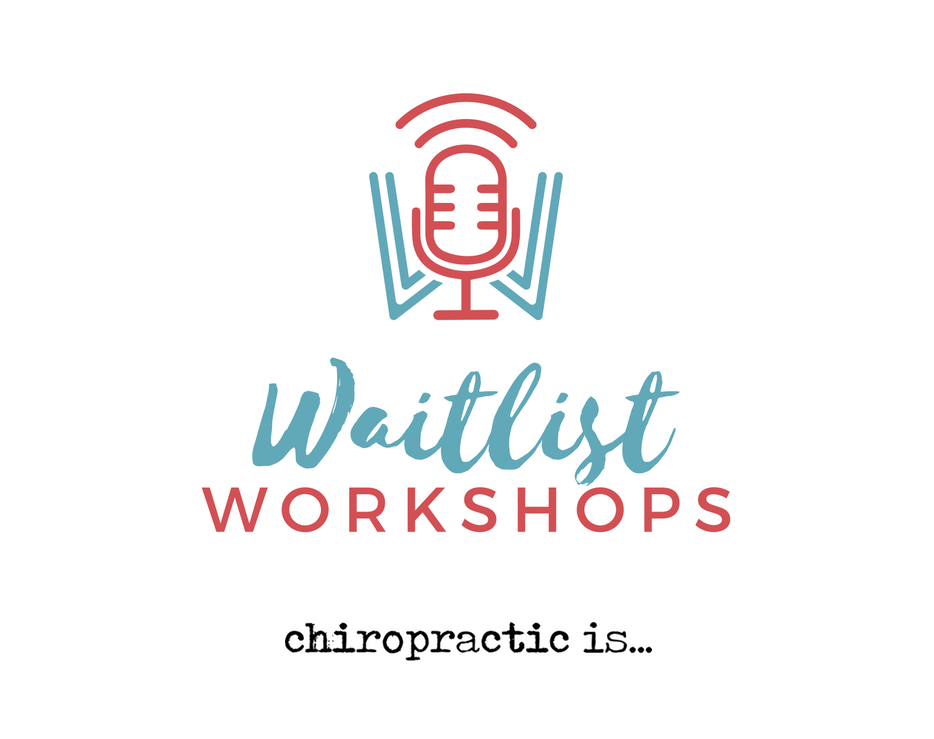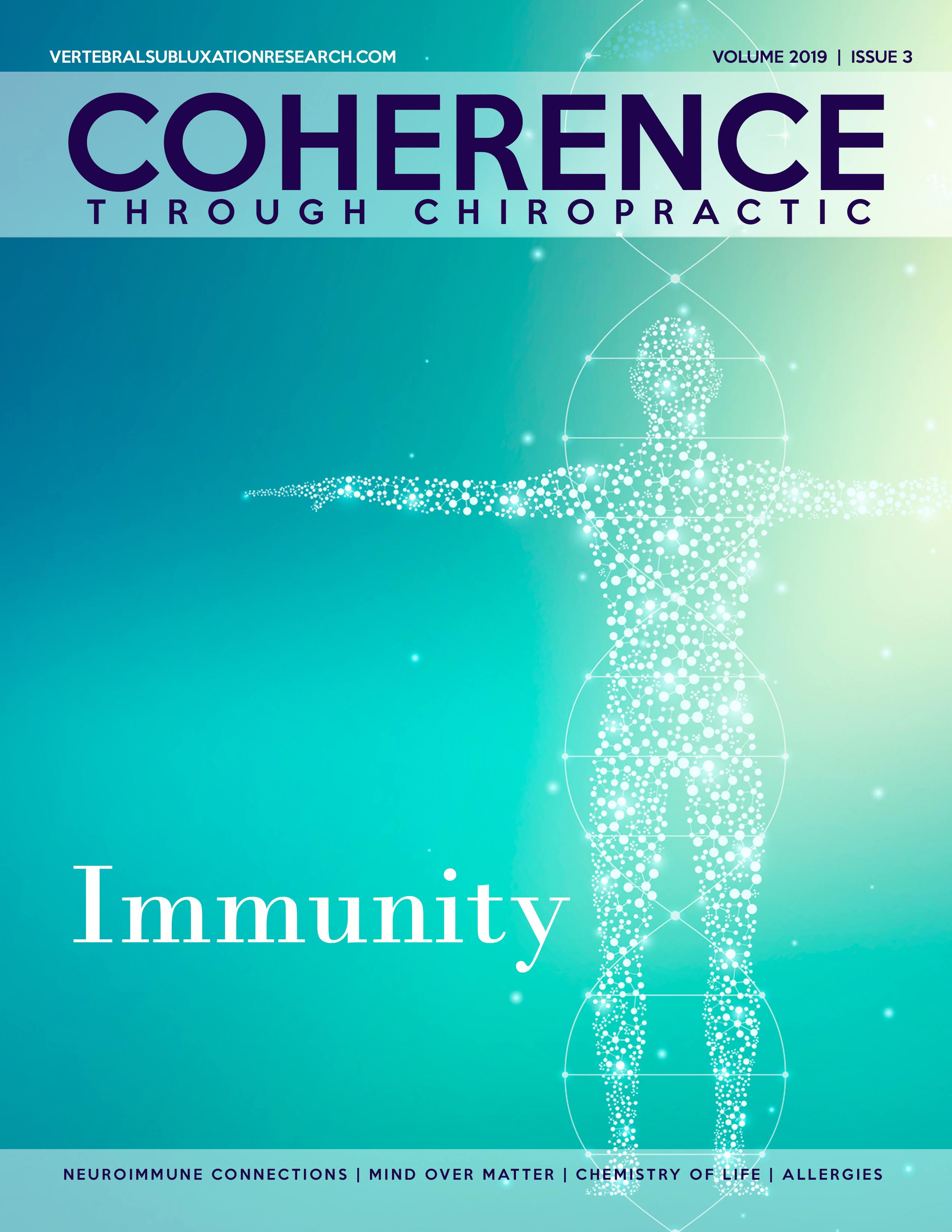Charles Blum D.C.Bio Scott Cuthbert, D.C. Bio
Journal of Pediatric, Maternal & Family Health – Chiropractic ~ Volume 2009 ~ Issue 3 ~ Pages 1-4
Abstract
Objective: Issues regarding chiropractic treatment for various types of conditions such as developmental delay syndromes, while controversial to some, have some support in the literature. At this time developmental delay syndromes such as ADHD have inconclusive etiologies. While many consider developmental delay disorders solely genetic in origin, others have supported the concept that a subset of patients may have a trauma or other physical related imbalances that could be contributory to the patient’s dysfunction.
Clinical Features: Presented is a case of fraternal twins where one twin’s developmental and emotional growth was notably delayed compared to her other twin. Chiropractic cranial care was rendered, which appeared to assist a positive outcome for the treated child.
Interventions and Outcomes: Perhaps a better way of interpreting chiropractic’s ability to help patients with learning disabilities, dyslexia, dyspraxia, and ADHD, is viewing a specific subset of patients as having their conditions secondary to trauma. With developmental delay syndromes there are various related possible chiropractic interventions, such as cranial related therapies and upper cervical, cervical and even treatment for pelvic related dysfunction.
Conclusion: Since there is some question as to the causation of the various developmental delay syndromes, this ultimately leads to some lack of clarity on treatment options, particularly for children sensitive to medication or who do not choose medication as an option. Patients are seeking alternative care, and particularly care that offers low risk and some benefit should be brought to their attention. While the studies are inconclusive, there is an emerging evidence base that does show chiropractic care can be involved in the treatment and care of patients with developmental delay syndromes. Greater study is needed into understanding which patients might best benefit from chiropractic care, where co-treatment is indicated, and consistent outcome assessment tools to measure changes so mechanisms of care can be evaluated.
Key Words: Chiropractic, ADHD, developmental delay syndromes, sacro occipital technique, applied kinesiology, cranial therapy







